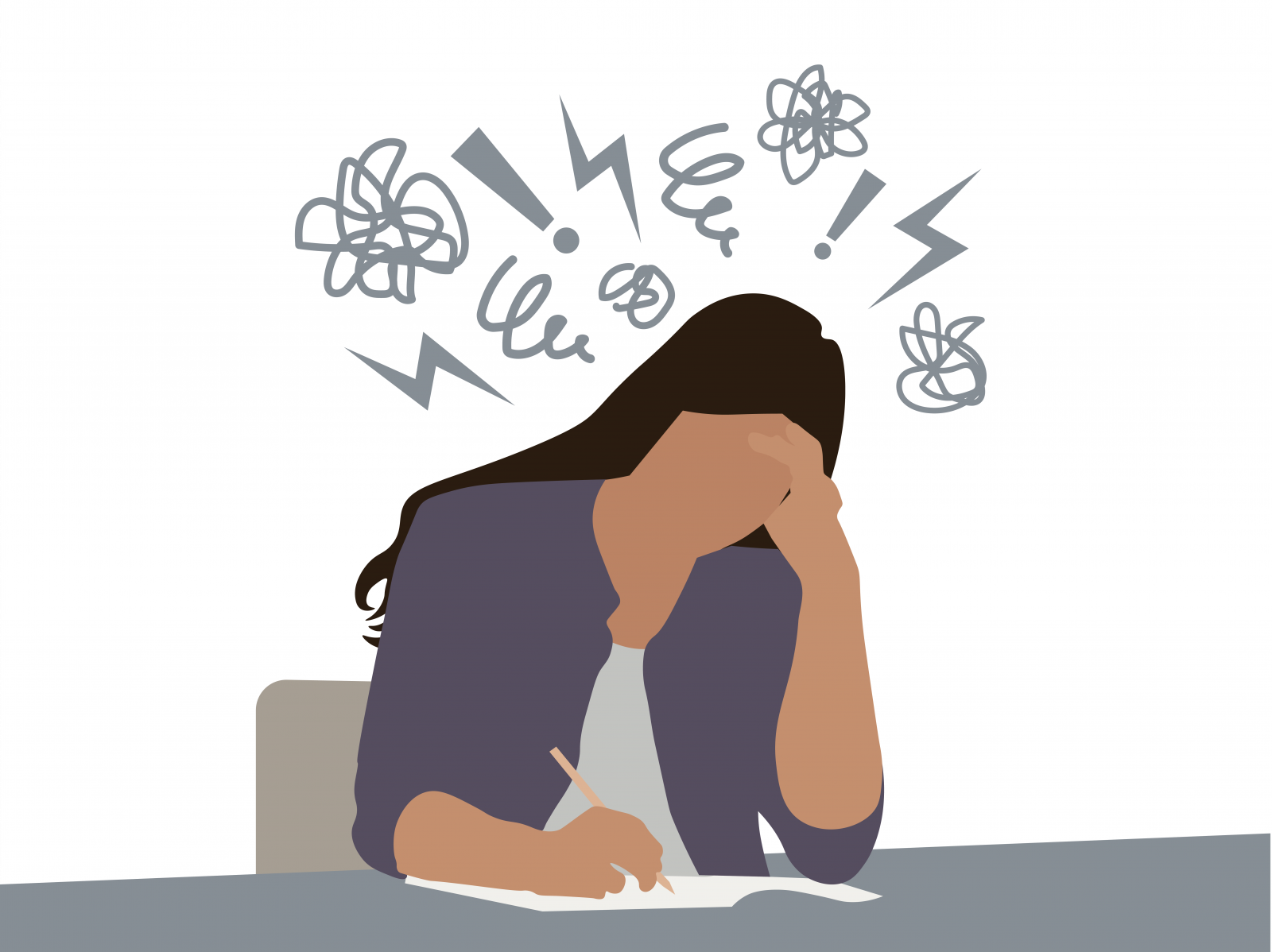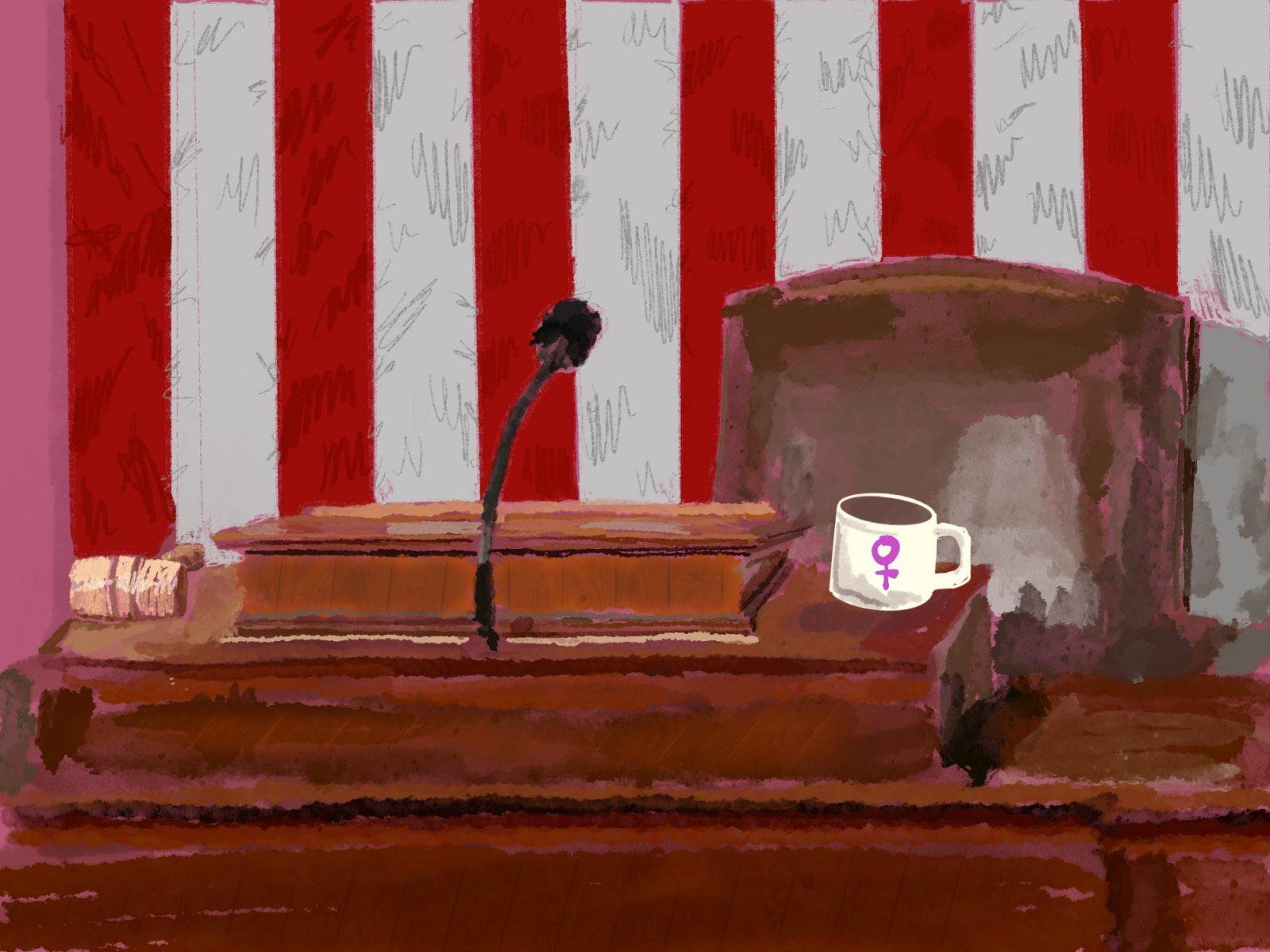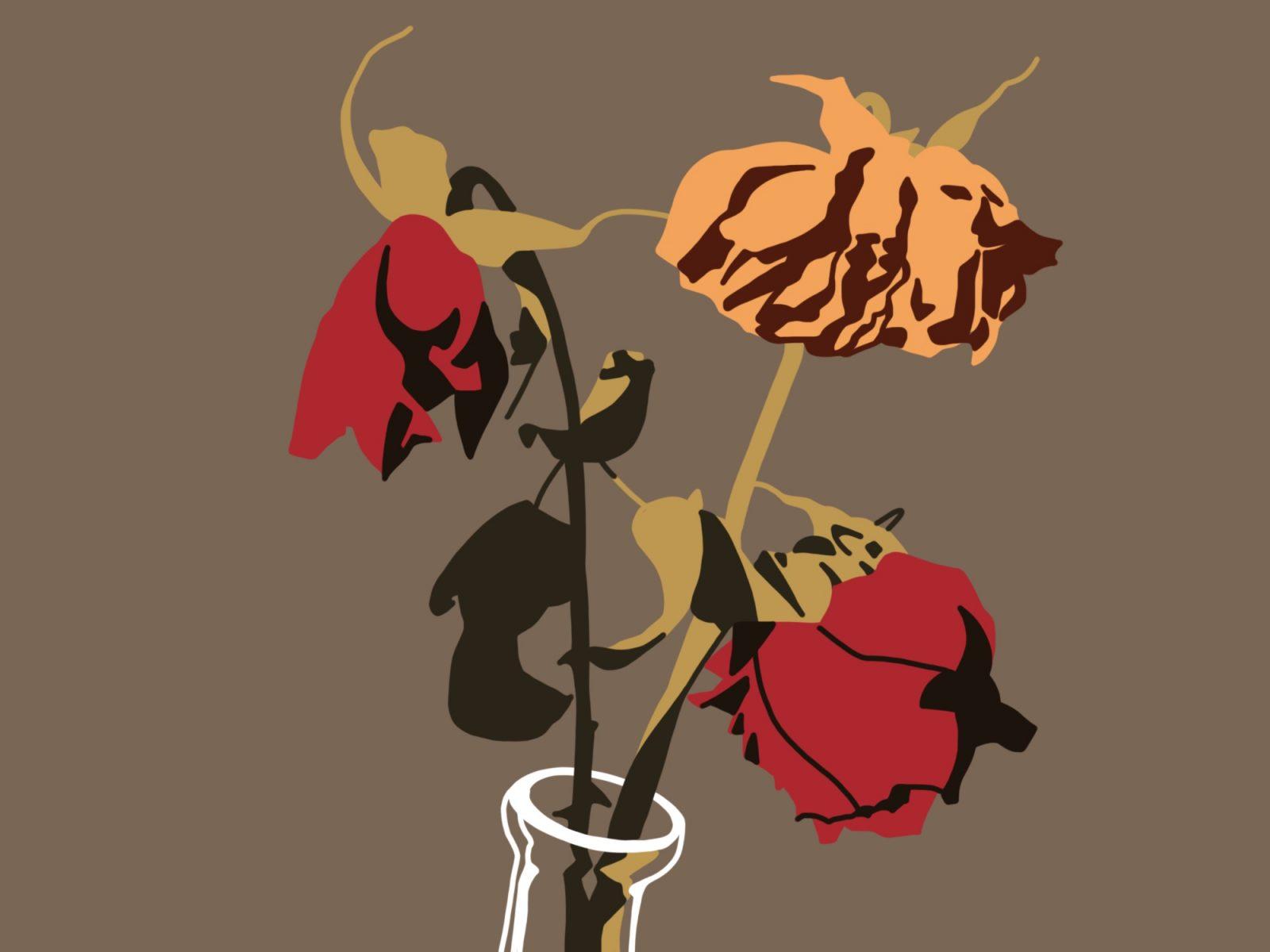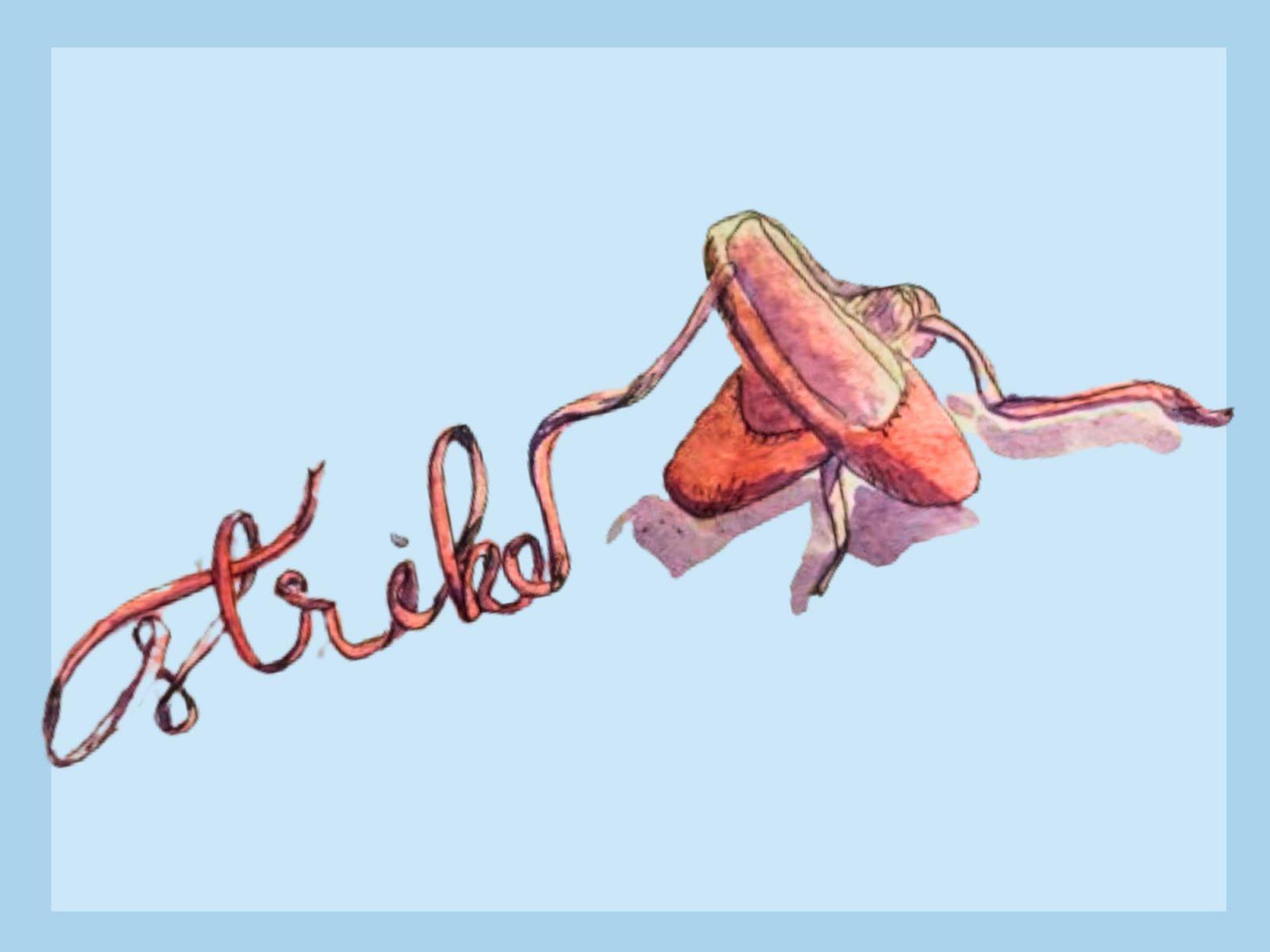Transgender activist and influencer Dylan Mulvaney has gained a great following for documenting her transition journey on TikTok. Fans adore her for her bubbly personality and infectious optimism, but also for her grace in dealing with hate.
Recently, however, criticism of Mulvaney has seemingly skyrocketed in the last week.

Mulvaney released a new song, “Days of Girlhood,” on March 11 celebrating her two-year public transition milestone. However, the lyrics of the song have sparked debate on the internet over female stereotypes and what “girlhood” actually is.
The verses mention activities such as “retail therapy,” a Thursday “walk of shame,” an agenda to “pick up meds” and flirting “for drinks” all to describe Mulvaney’s experience with girlhood.
And let me just say, TikTok is not having it.
TikTok user@juliapank1 bashed Mulvaney’s song, saying, “Glad to know that being a woman is just retail therapy, walks of shame, prescription meds, sleeping in makeup, and most importantly the COLOR PINK.”
Another user, @morganskips, asked in a post, “Dylan did you even watch the Barbie movie?”
But it wasn’t the post itself that caught my attention, it was the comments.
Nearly every top comment on @morganskips’ post starts with the phrase “girlhood was…” and users gave their own experiences of growing up as a girl to criticize Mulvaney’s song.
For example, one mentions that girlhood was choreographing dances with her friend and performing them in front of their parents. Another comment says that girlhood was the group of girls who decided to hang back and be the last to finish the mile run in gym class so that no one was alone at the finish line.
For me, girlhood was fixing each other’s hair before a dance recital.
And that’s just it, the shocking news the world has never heard before. If you haven’t heard this already, I’ll be the first to say it — girlhood is different for everyone.
While I agree that Mulvaney’s song may represent certain female stereotypes such as being a shopaholic and a maneater, this is still her experience, whether one finds it stereotypical or not. If girlhood for Dylan Mulvaney looks like picking up medication on a Tuesday morning and doing a walk of shame on Thursday, then so be it.
What she undergoes as a woman is bound to be different than another woman, and that’s just life. The way we see and experience the world is something so incredibly distinct — it’s like a fingerprint.
And isn’t that supposed to be the beauty of girlhood? Isn’t that just the beauty of life? I fail to comprehend why Mulvaney’s experience as a woman would be any less valuable than mine or anyone else’s just because hers is more stereotypical.
And this brings up another question: would the internet react differently if the song was by a cisgender woman?
TikTok user @fatracco0n pointed out that popular phrases such as “I’m just a girl,” “girl math” and “I love being a girl cause makeup is therapy” are all stereotypical, but are said by cis women and girls nevertheless. She continues to argue that no one seems to care until the stereotypical phrases came from a trans woman.
I can’t help but agree.
Plenty of early 2000s’ cis female artists such as Kesha and P!nk sang a great deal about partying and being drunk. I feel like no one, including myself, thought twice about how their music might feed into female stereotypes. But now that Mulvaney sings about similar concepts, the internet has gone ballistic.
It does not surprise me that Mulvaney’s song has been heavily criticized, but the way that internalized transphobia has manifested itself into this criticism is devastating.
It’s understandable why a woman would not want to be defined by the content in Mulvaney’s song. But I’ll emphasize that Mulvaney is a woman through and through, and her journey of girlhood is no less valuable than anyone else’s. After all, gender is only a social construct and can ultimately be what anyone makes of it.
As much as being a woman can really suck, I do love it. My identity has allowed me to form the most important relationships in my life. The last thing I’d want to do is deprive another individual of experiencing that.
And to tell the truth, depriving someone of their girlhood sure doesn’t sound like girlhood to me.

























































































































